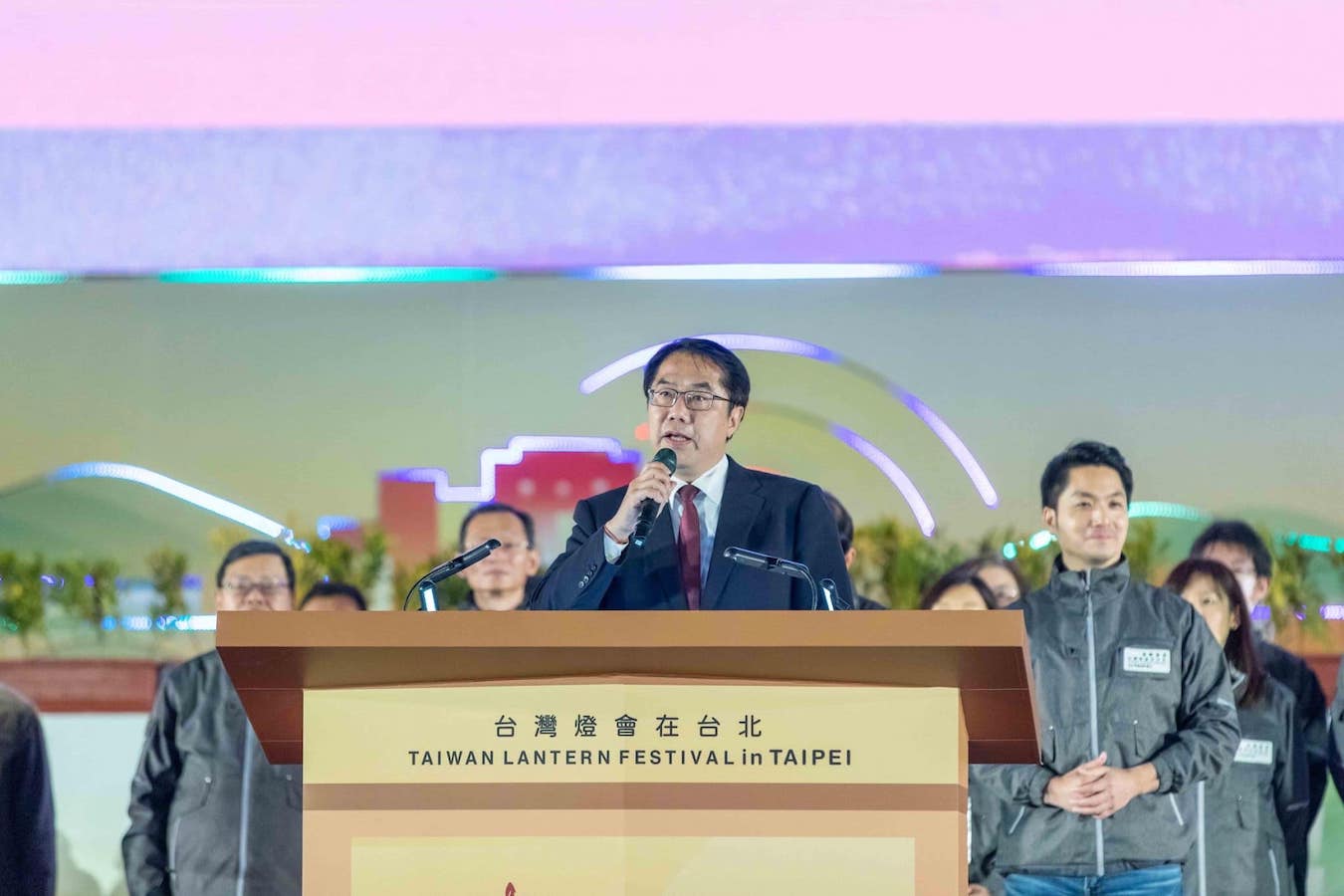by Brian Hioe
語言:
English
Photo Credit: 象心力/WikiCommons/CC BY-SA 3.0
THE TAINAN CITY council speaker, Chiu Lili, and deputy city council speaker Lin Zhi-chan, were detained earlier this month by police under suspicion of corruption. Both are DPP politicians. Chiu was eventually released on 1.5 million NT bail, while Lin was released on 1.2 million NT bail, with Chiu asserting afterward that she respected the judiciary’s actions and apologizing for making supporters worry.
Since then, however, the two have been suspended from the DPP for three years after a meeting of the party’s disciplinary committee. The meeting reportedly lasted for an hour and the decision was made on the basis that this was necessary to protect the DPP’s reputation.
 Chiu Lilli (center). Photo credit: Chiu Lilli/Facebook
Chiu Lilli (center). Photo credit: Chiu Lilli/Facebook
Police previously found 2 million NT in Chiu’s home during an investigation in January, while noting discrepancies between statements by Chiu, Lin, and others that they questioned. Kuo Tsai-chin, a former central committee member of the DPP, is also implicated in the case. Chiu was released on bail for 500,000 NT in January, while Lin was released on 20,000 NT bail.
As part of the same case, some KMT city councilors are also under investigation. This includes Chang Shih-xian, who was released on 100,000 NT bail, Li Zhen-guo, who was released on 150,000 NT bail, and Li Wen-jun, who was released on 250,000 NT bail, as well as Huang Li-zhao, an independent city councilor. Li’s wife Kao Mei-xian was also released on 100,000 NT bail.
Apart from Kao, non-politicians implicated in the scandal include the head of the Tainan Fishermen’s Association, Lin Shih-jie, and Yang Zhi-qiang, the general manager of the Grand Hotel.
Although the scandal seemingly implicates both pan-Green and pan-Blue politicians, the effects are likely to be more impactful on the pan-Green camp. This is particularly in light of the fact that southern Taiwan is the traditional territory of the pan-Green camp, but the KMT has made inroads in southern Taiwan in recent years, holding the majority in the city councils for Tainan and Kaohsiung.
The DPP tried to make corruption a campaign issue for nine-in-one elections last November, criticizing pan-Blue politicians implicated in corruption charges. This ranged from Yilan county magistrate Lin Zi-miao’s implication in a land deal on originally protected land that was later rezoned, Hualien county magistrate Hsu Cheng-wei and her husband Fu Kun-chi’s well-known reputation for vote buying, then-Hsinchu mayoral candidate Ann Kao’s embezzlement of fees meant to pay for legislative assistants, and pan-Blue independent Miaoli county magistrate Tung Chung-chin’s colorful history involving gangster-related murder.
Nevertheless, this was not successful. Instead, the pan-Blue camp went on the offense targeting what it framed as acts of DPP corruption with regard to politicians such as Enoch Wu. Moreover, DPP politicians themselves, including Taipei legislator Mark Ho and deputy secretary-general Lin Fei-fan, criticized corruption within their own party. Ho alleged corruption within the DPP as being a contributing factor to the loss of the DPP’s mayoral candidate, Chen Shih-chung, and Lin lashed out at graft in his native Tainan.
Lin called on Tainan mayor Huang Wei-che to tackle issues of corruption in the Tainan DPP establishment. Among those that Lin called on to leave the party was Kuo Tsai-chin, over his involvement in a series of incidents involving illegal dumping. A series of shootings at office buildings were linked to these dumping incidents. Lin Shih-chieh of the Tainan Fishermen’s Association was also questioned in this timeframe over allegedly intimidating Fang Yi-feng, a KMT candidate who was victorious in his run for city councilor, physically intimidating Fang to vote a certain way in the city council election. After being released on 50,000 NT bail, Lin Shih-chieh withdrew from the DPP. Such scandals have reportedly created splits within the DPP’s Tainan establishment.
 Tainan mayor Huang Wei-che (center). Photo credit: Huang Wei-che/Facebook
Tainan mayor Huang Wei-che (center). Photo credit: Huang Wei-che/Facebook
Otherwise, Mark Ho is thought to have lashed out at Huang Cheng-kuo, a member of the DPP central standing committee and former advisor to Tsai, accusing him of being a gangster. Some read as reflective of internal DPP factionalism between Tsai Ing-wen and party chair William Lai, who serves as Tsai’s vice president.
The DPP has asserted that it will clean up its act before the next set of elections. William Lai, who is expected to be the DPP’s next presidential candidate, has pledged to lead a clean party that is free of corruption. Given this wave of corruption scandals facing the DPP, one can see why DPP politicians have suddenly become openly critical of their own party, likely hoping that quick action on the issue can stem fallout with the public. But one expects the KMT to increasingly lean into attacks on the DPP over issues of corruption going into the next set of elections.

